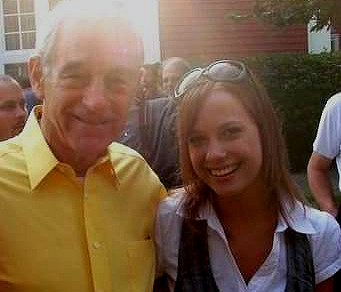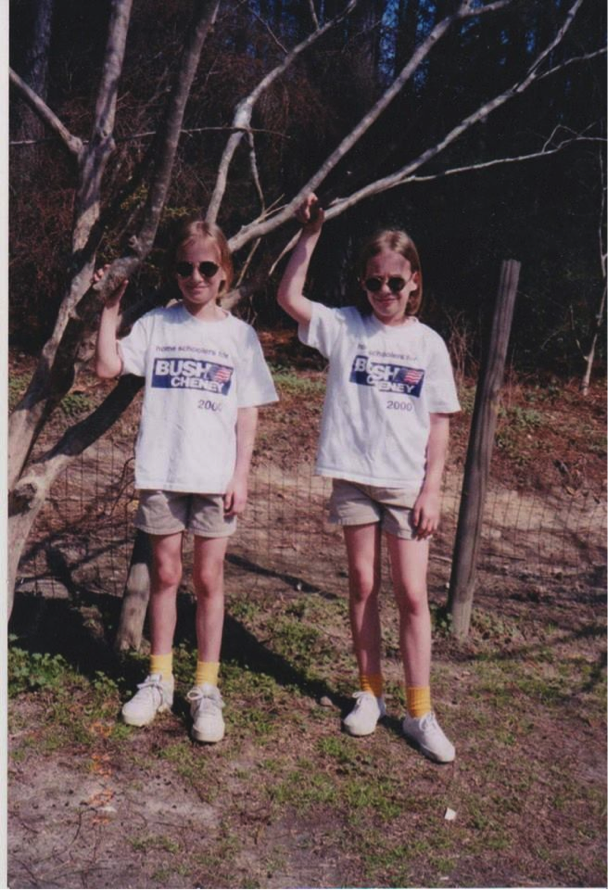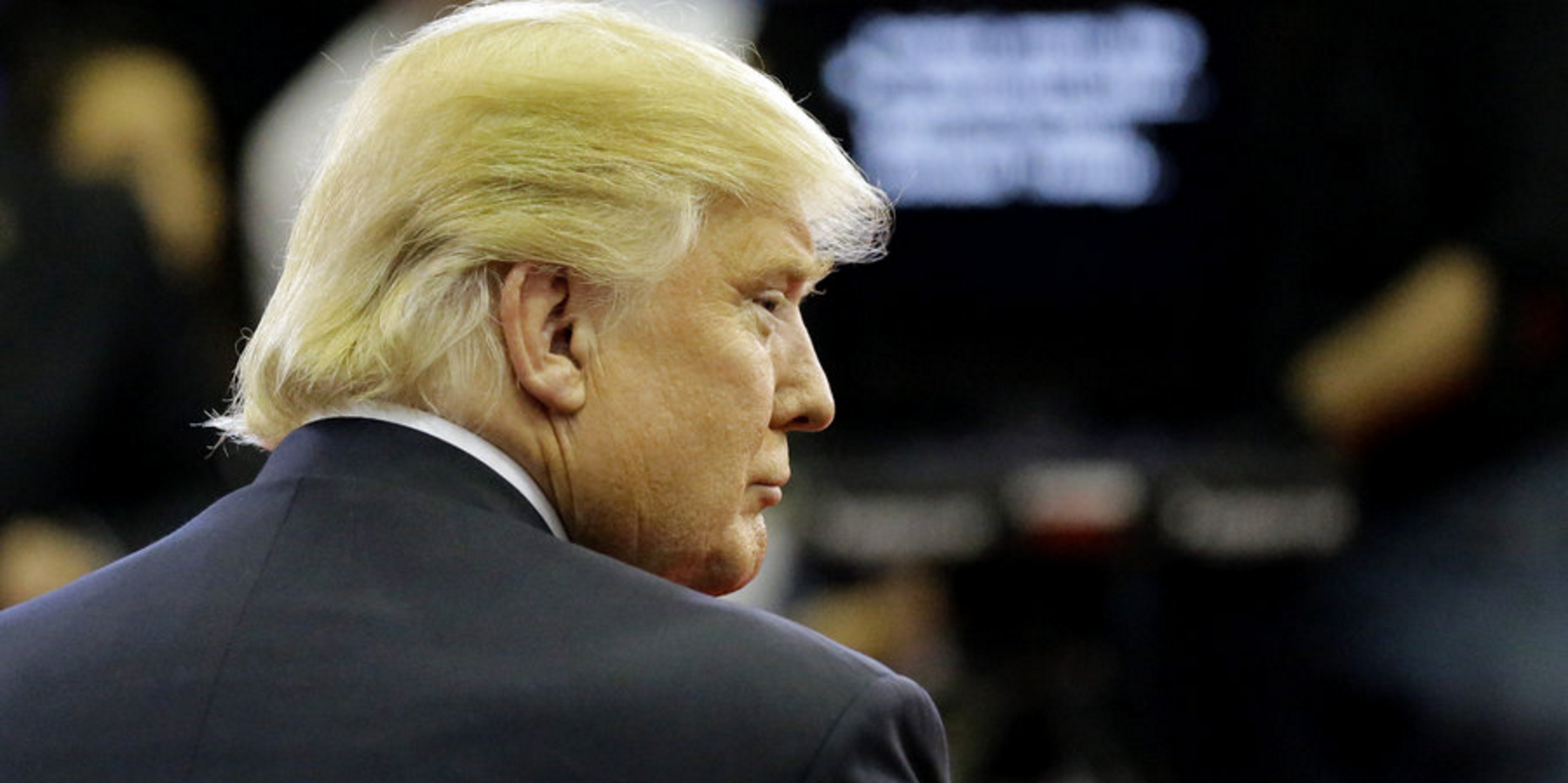Donald Trump’s overall dominance on Super Tuesday comes as little surprise at this point. As pundits and politicos alike grapple with an increasingly inevitable Trump nomination, I can’t help but flash back to a point in my own political life when it became clear that something was seriously wrong with my party and that this dysfunction was not sustainable.
Videos by Rare
In 2008, inspired by the candidacy of Ron Paul, I first tried to officially join the Republican Party.
I was treated like the enemy.
I still remember the night well.
I was standing on shaky legs near the front of a small meeting room, lined with folding chairs for a county Republican Executive Committee meeting in the panhandle of Florida.
They were considering my nomination for membership.
It was standing room only as a red-faced, angry woman yelled in my general direction—something about the Cuban embargo and foreign policy.
A middle-aged man with thinning white hair bolted to his feet, waving around a piece of paper: A printout of an email the entire party membership has recently received detailing my crimes, including but not limited to publicly opposing the war in Iraq.
Someone else chimed in: “I’ve never voted for anyone but the Republican nominee! I’m proud to have voted for every Republican on the ballot my entire life! Can you say the same?”
Another Baby Boomer: “Will you apologize for your past actions disrespecting elected Republican leaders?”
I somehow found the courage to muster an answer.
“I won’t apologize for anything.”
By a margin of two votes that evening, I was rejected from membership in the Republican Party.
I had turned 18 a few days before that night.

Ron Paul and Rebekah Bydlak in 2008.
An older acquaintance who I’d invited walked out in disgust after the meeting along with his wife, never to return. He was not a libertarian. In fact, he liked Mike Huckabee at the time.
The last I heard, he was supporting Trump this election.
On Wednesday, as the party establishment and everyday voters alike try to wrap our heads around the fact that Mr. Trump has won seven states and inches ever closer to the nomination with nearly 300 delegates, I can’t help but remember this experience and all the ugliness present across the country in local and state parties like mine just a few years ago.
The rise of Trump is troubling, to be sure.
But when the anti-Trump movement is being framed as one of principles versus opportunism, I can’t help but raise an eyebrow.
As the often insightful S.E. Cupp suggested on CNN Tuesday night, the question to many is “will my party go back to purity once he [Trump] loses?”
With respect to Ms. Cupp, the GOP had a principles problem long before 2016.
There are many different ideological strains within the GOP, and no serious person would expect every Republican to follow the libertarian brand that I favor in order to be a “true” conservative or Republican.
But the Republican establishment has an all-too-recent history of accepting and even circling the wagon on policies that have nothing to do with any interpretation of their claimed small-government politics.
When George W. Bush was elected in 2000, he came into office on the promise of fiscal responsibility, smaller government, and a “humble foreign policy.” Believe it or not, there was a time when Donald Rumsfeld had “declared war” on waste in the Pentagon. But whether doubling the national debt, pushing through bank bailouts, or tightening federal control over education with No Child Left Behind, W. was no conservative.
Is it any wonder their cries now that “Trump is not a conservative” are falling on deaf ears?
That’s the core of why I found myself drawn to Ron Paul in 2008, youthful rabble-rousing aside.
A Republican for all of my young life, I’d been disgusted that the president I’d supported since I was a (very homeschooled) child had turned his back on all he claimed to stand for.

Rebekah Bydlak (right) and her twin sister in 2000.
I wasn’t the only one. When the GOP establishment failed to learn its lesson from George W. Bush and instead looked to his own brother as the presumed frontrunner in 2016, it left a bad taste in many Republican-leaning voters’ mouths.
The rise of a strongman like Trump is not at all surprising in that context.
The talking heads who have dissected Trump’s ascendance are as numerous as the reasons they identify for his success. Was it “populist excesses”? Manipulation of “nationalistic, tribal tendencies”? Backlash against “political correctness”? Fear (right or wrong) regarding immigration?
Well, yes.
With respect to the countless intelligent people trying to understand an absurd candidate, the better question is what created the vacuum for absurdity in the first place?
A party that too often took its own base for granted while failing to reach out beyond its ever-shrinking territory, while going to ugly extremes to insist on loyalty at all levels – it’s little wonder that loyalty was the thing to go in 2016.
Republicans might not be able to stop Trump at this point. But they never would’ve been able to do so in the first place without understanding why so much of their base surrendered their loyalty to begin with.



